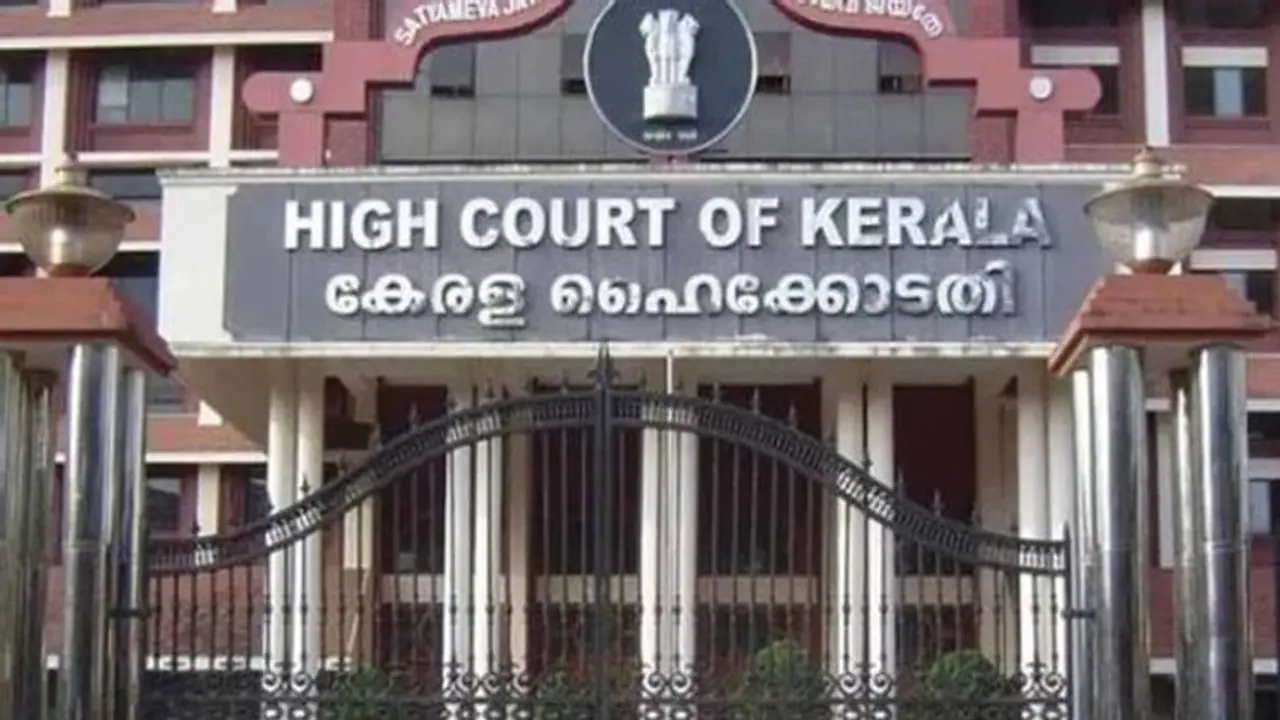The Kerala High Court on Tuesday (Nov 7) partially overturned the Single Judge's order directing District Collectors to conduct raids in all places of worship. However, a ban on crackers bursting at "odd times" would remain in effect.
Kochi: The Kerala High Court on Tuesday (Nov 7) partially overturned the Single Judge's order directing District Collectors to conduct raids in all places of worship and seize firecrackers that are purportedly illegally stored there with the help of the Commissioners of Police. The Division Bench, which consists of Justice V.G. Arun and Chief Justice A.J. Desai, did, however, add that the Single Judge's prohibition against cracker bursting at "odd times" would remain in effect.

The decision was issued on November 3 by Justice Amit Rawal's Single Judge Bench, which directed all District Collectors in the State to carry out raids in all places of worship and seize crackers that were being unlawfully stored there. Justice Rawal went on to state that no holy scripture contained a directive for bursting crackers in order to appease God.
The State contended that fireworks constitute a fundamental component of many religious festivals observed in Kerala, where they have been since the beginning of time.
The single bench ruling from the high court was issued in response to a petition that six Maradu residents from the Ernakulam district filed on December 19, 2014. The petitioners requested the high court to outlaw the annual Thalappoli festival, which includes fireworks displays at the Marattil Kottaram Bhagavathy Temple. The petitioners, who live close to the temple, claimed that the negative effects of the fireworks had a severe negative impact on their family, especially the children.
The division bench further emphasised that the single bench took into account issues unrelated to the case concerning the Marattil Kottaram Bhagavathy Temple. In addition, the High Court division instructed the opposing parties to provide affidavits to the single bench.
